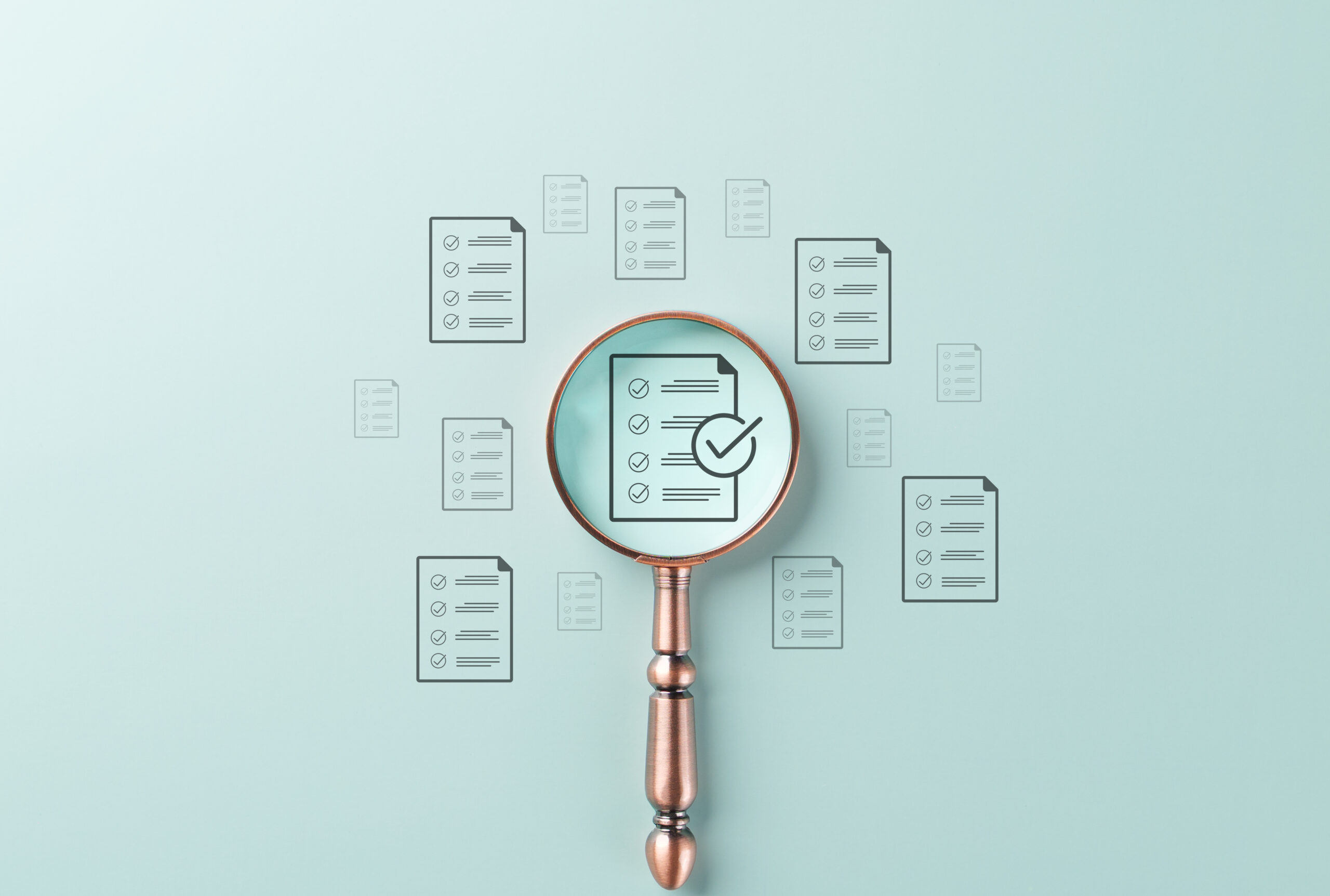With demand for personalised coaching soaring and the growing need in our changing world, human capacity is being stretched thin. Laurel McKenzie explores how AI can support – not replace – human coaches, helping organisations scale development efforts ethically while meeting the needs of hybrid workers, Gen Z employees and career changers.
The demand for personalised learning and development tools has surged as the workplace evolves. With hybrid working, a growing Gen Z workforce, and frequent career transitions, organisations are facing new challenges. Coaching has become essential, but the demand for specialised support is outpacing the capacity of human coaches. The question is: how can we scale coaching without compromising on quality or ethics?
The growing number of career transitions means employees need guidance
Artificial intelligence (AI) is emerging as a key solution for coaching, enhancing traditional coaching methods to meet the changing needs of today’s workforce. However, this shift comes with challenges, and ethical considerations must remain central to its implementation.
The rise of new coaching considerations
Hybrid working, once a temporary response to the pandemic, is now a permanent fixture for many organisations. This flexibility presents challenges, such as ensuring employees feel connected and supported when not in the office. At the same time, return-to-office mandates are sparking debates as organisations aim to maintain collaboration and company culture.
For Gen Z, entering the workforce brings unique expectations for career development, including personalised feedback, skill-building opportunities, and day to day support. Meanwhile, the growing number of career transitions means employees need guidance as they adjust to new roles or career paths.
These trends have increased the demand for coaching specialisms. Employees seek tailored support in areas like building resilience and navigating the return to office. While human coaches can meet this need, the rapid rise in demand can be a challenge for traditional coaching models.
The challenges facing human coaches
Coaching requires an understanding of the nuances that different workplace challenges bring. For example, coaching someone who is managing a hybrid team may require a different skill set when compared to coaching someone transitioning into their first leadership role.
Human coaches are excellent at addressing these specialised areas, and building trust and empathy with their coachees, but they face limitations when it comes to scaling their services. One major challenge is availability. There simply aren’t enough human coaches to meet the growing demand for personalised coaching across industries. This is where AI can help. By leveraging AI tools, organisations can expand access to coaching while maintaining a high level of quality and personalisation.
How AI is supporting the ever-changing coaching landscape
AI-driven coaching tools are transforming how coaching is delivered, by offering both independent coaching support and assistance to human coaches. These dual roles enable organisations to meet the growing demand for specialised coaching more efficiently and effectively.
As standalone tools, AI-driven platforms provide on-demand coaching, delivering support any time employees need it. This is especially valuable for global teams, where time zones and differing schedules can make it challenging to connect with a human coach. AI tools can also provide real-time feedback, helping employees improve performance in the moment.
In collaboration with human coaches, AI can analyse employee data and suggest personalised development plans, enabling coaches to ramp up faster with their coachees and focus on complex individual needs. Additionally, AI offers data-driven insights into employee engagement, performance, and satisfaction, allowing coaches to refine their strategies for greater impact.
When thoughtfully integrated, AI becomes an ideal ally, extending the reach and effectiveness of human coaches. This comprehensive approach provides employees with impactful, timely support while allowing coaches to focus on deeper, transformative coaching conversations.
Ethical considerations in AI coaching
Integrating AI into coaching raises important ethical concerns, with trust, confidentiality, and an unbiased approach being at the forefront. Organisations must ensure transparency by clearly communicating how AI tools work, what data is collected, and how it’s used.
Additionally, AI systems need to be designed to avoid biases that could hinder inclusivity and fairness. Protecting employee privacy is also essential, with strict data security protocols in place to maintain trust. By prioritising ethics in the development and use of AI coaching tools, organisations can foster trust and ensure their coaching initiatives are effective and impartial.
The future of coaching – a collaborative approach
AI-powered tools represent an exciting opportunity to scale coaching and address the evolving needs of the modern workforce. However, their potential is maximised when combined with the expertise of human coaches. While AI excels at delivering scalable, data-driven solutions, human coaches bring the empathy, intuition, and nuanced understanding that are essential for navigating complex challenges.
By fostering collaboration between human coaches and AI tools, organisations can create a hybrid coaching model that offers the best of both worlds. This approach allows employees to access personalised, specialist coaching while ensuring that the coaching experience remains deeply human at its core.
Laurel McKenzie is Principle Behavioural Scientist at CoachHub




